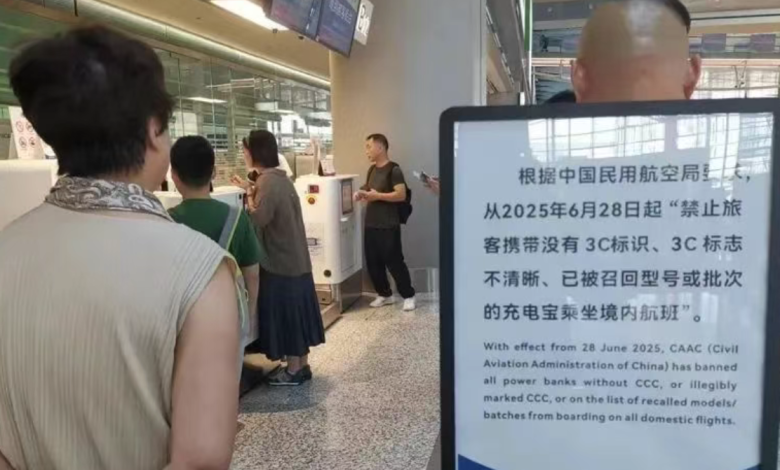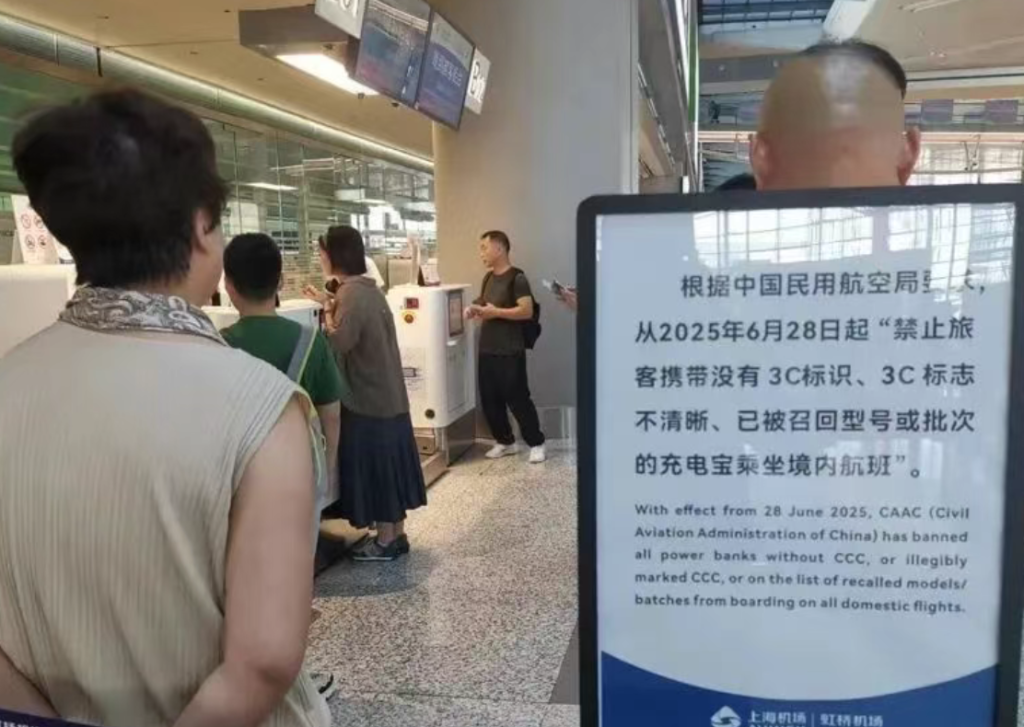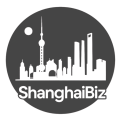Shanghai Hongqiao Airport Steps Up Enforcement: New Power Bank Ban Leaves Travelers Scrambling

On June 28, 2025, a sweeping new rule took effect at Shanghai Hongqiao Airport: travelers are no longer allowed to bring power banks without clear 3C certification labels, with unmarked or recalled models strictly prohibited on domestic flights. As soon as you set foot in the terminal, you can see the change. New signage explaining the ban is posted everywhere—from the main entrance to the check-in counters and all security lanes. Staff members stand by holding placards and offering guidance to help passengers check their power banks before reaching the security checkpoint.

It didn’t take long to see the impact. Reporters on the scene counted three large bins already filled with discarded power banks by 8 a.m. Many passengers were unaware their chargers lacked proper certification, and had no choice but to abandon them. According to security supervisors, these “self-disposal bins” were created to make compliance easier and avoid backlogs at screening. For any power bank that slips through to security, staff immediately confiscate it and place it into a locked container for safe disposal later.
Airport personnel emphasized that they don’t force inspections at the entry point. Instead, they encourage travelers to verify their devices voluntarily. If a power bank doesn’t meet the standard, travelers can choose to discard it, mail it home, or hand it to someone staying behind. The airport even offers a seven-day storage option—so if you return within a week, you can reclaim your device before it’s permanently disposed of.
Over the next hour, most travelers seemed prepared and understanding. Out of 20 people interviewed, nearly everyone was aware of the policy, though some had traveled away from home before the announcement and were forced to part with their chargers. One passenger, Mr. Wang, expressed his support: “Safety comes first. We’ve all seen the news about fires on planes caused by faulty power banks. It’s inconvenient, but this rule protects everyone.”
What Is the 3C Certification?
The 3C (China Compulsory Certification) mark is a mandatory safety standard for products sold in China. It protects consumers and ensures goods meet strict quality controls. Real 3C labels appear as white backgrounds with black graphics, and when viewed closely, the logo shows a three-dimensional depth effect—fake stickers usually don’t.
More Than Just Labels: Capacity Rules Also Apply
Even if your power bank has a 3C mark, it must also comply with size limits:
- Under 100Wh: No airline approval required.
- 100–160Wh: Airline approval needed, max two units per person.
- Over 160Wh or unmarked capacity: Strictly prohibited.
All power banks must be hand-carried, never checked in. They must remain switched off during the flight, and in-flight charging is not allowed.
A Growing Black Market and Legal Risks
After the regulation took effect, some online sellers quickly began offering counterfeit 3C labels disguised as “decorative stickers.” However, Shanghai attorney Zhang Shanshan warned that buying or applying these stickers could be illegal. Under China’s Certification and Accreditation Regulations, forging or altering official certification marks can lead to fines of up to 100,000 yuan. Travelers who knowingly attach fake labels to untested power banks risk both administrative penalties and civil liability.
In Summary
This new policy at Hongqiao Airport highlights the evolving focus on passenger safety in China’s civil aviation. While it caught some travelers off guard, most recognized the importance of reducing fire hazards in flight. If you plan to fly domestically within China, check your power bank’s 3C certification and capacity well before departure—or you might find yourself forced to leave it behind in one of those collection bins.




